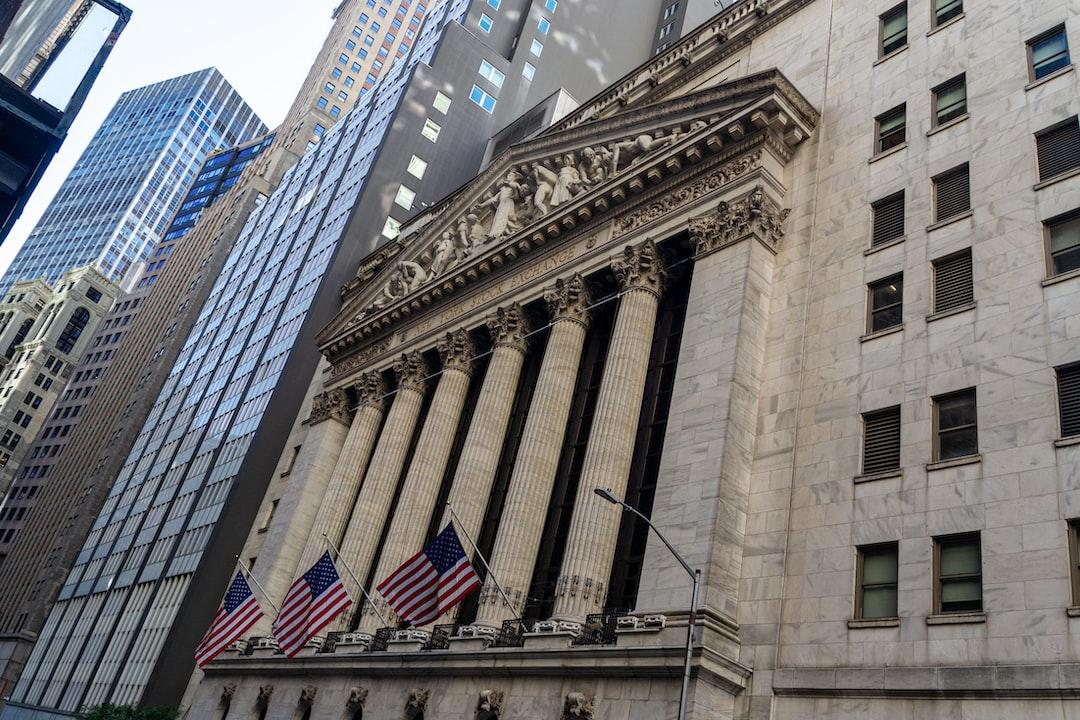The world of global finance is experiencing a major transformation, and Chainlink, a prominent player in the cryptocurrency industry, has recently shared valuable insights that shed light on this shift.
A detailed report from consultancy firm Roland Berger predicts that by 2030, a significant portion of global transactions will be conducted through digital assets. This move signifies a growing trend towards the digitalization of assets within the financial ecosystem.
According to Chainlink’s analysis, the report highlights a projected market opportunity of $10.9 trillion by 2030 for real-world asset tokenization. This emerging sector is set to revolutionize the way assets are managed, traded, and stored in the digital era.
This transformation will impact various stakeholders, including banks, payment service providers, decentralized, and centralized exchanges, as they adapt to the digital finance revolution.
The rise of digital assets in financial transactions is supported by a network of key players in the tokenization ecosystem. Infrastructure providers are identified as vital components of this industry, offering essential services that enable businesses to provide digital asset solutions efficiently and at scale.
Wallet providers and brokers play crucial roles in facilitating storage, management, buying, and selling of digital assets, integrating traditional financial systems with blockchain technologies seamlessly. This integration ensures a user-friendly and secure transition to a digitized asset world.
The report suggests that as the infrastructure for digital assets matures, the sector’s growth potential is substantial. The readiness of infrastructure providers to support the evolving needs of the digital asset market is essential for its stability and expansion.
Chainlink’s contribution to this ecosystem as a provider of reliable data feeds and secure blockchain interactions is significant. They enable secure and accurate data exchange across various blockchain networks, crucial for executing smart contracts that support tokenization and other digital asset services.
As we approach 2030, excitement around digital assets continues to grow, driven by technological advancements and the recognition of their potential to offer accessible, efficient, and secure financial services. Chainlink’s insights emphasize the importance of robust infrastructure and collaboration between traditional financial institutions and innovative crypto solutions to unlock the full potential of digital assets and ensure a smooth transition into the future of finance.


